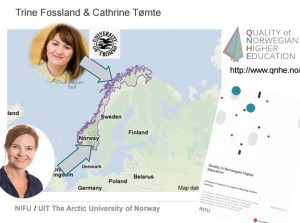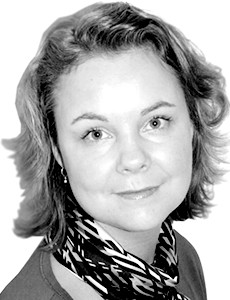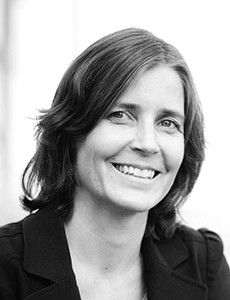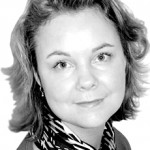

As a part of the project, researchers from sub-project C have been working on case studies of educational practices at the course level.
The report with key findings will be launched with a breakfast seminar at NIFU on 23rd of January, 2018, at 0830-1000. Tine Prøitz and Monika Nerland present the key results from the report.
Read more about the event here.
The case studies examine aspects that matter for the quality of educational practices in course designs that employ student-centered approaches. Whilst ways of engaging students more actively in their learning processes are high on the political agenda and a variety of pedagogical approaches are developed for these purposes, less is known about how such approaches are
enacted in practice and the challenges teachers and students face in this regard. The cases presented here illustrate different pedagogical designs and approaches and how they play out in different domains and program contexts. Each case study addresses three research questions:
- What characterizes the teaching approaches and ways of engaging students in the course?
- What challenges do students and teachers face with the given pedagogical approaches and learning activities?
- What can we learn from this case about issues that matter for quality of educational practices?
The case studies used a common methodological approach combining participant observation, interviews with teachers and students, document analysis of course documents, and a questionnaire to the students targeting their course participation and experiences.
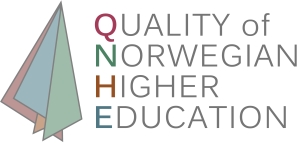
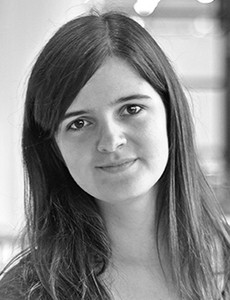
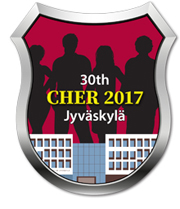 From part B – researchers are presenting at the CHER conference in Jyväskylä at the end of August. The panel is titled “Quality work in higher education” and includes contributions from project researchers ithat focus on internal systems and practices for quality work, disciplinary differences as well as quality management in study programmes.
From part B – researchers are presenting at the CHER conference in Jyväskylä at the end of August. The panel is titled “Quality work in higher education” and includes contributions from project researchers ithat focus on internal systems and practices for quality work, disciplinary differences as well as quality management in study programmes. The invited symposium of the Special Interest Group ‘Higher Education’ will contain the paper Innovating pedagogical designs for student-centered learning: teachers’ approaches and challenges, written in collaboration by colleagues from Oslo and Helsinki. Another paper, Interactional meaning-making of assessment feedback in undergraduate education, will present material from one of the Norwegian cases analyzed in Part C.
The invited symposium of the Special Interest Group ‘Higher Education’ will contain the paper Innovating pedagogical designs for student-centered learning: teachers’ approaches and challenges, written in collaboration by colleagues from Oslo and Helsinki. Another paper, Interactional meaning-making of assessment feedback in undergraduate education, will present material from one of the Norwegian cases analyzed in Part C.